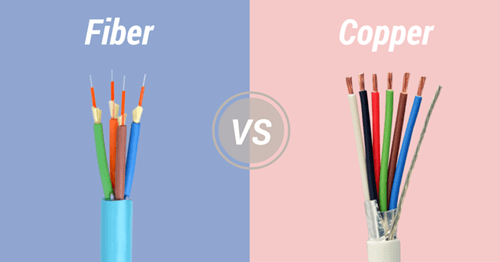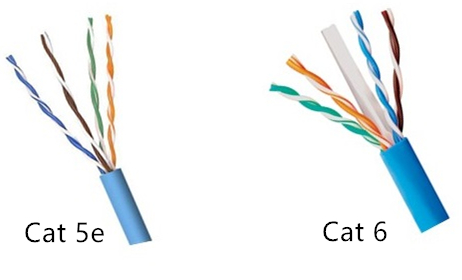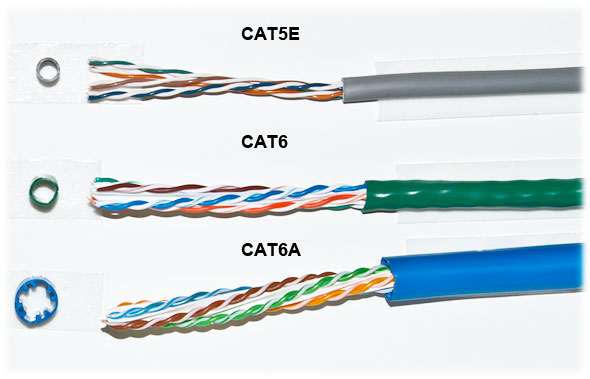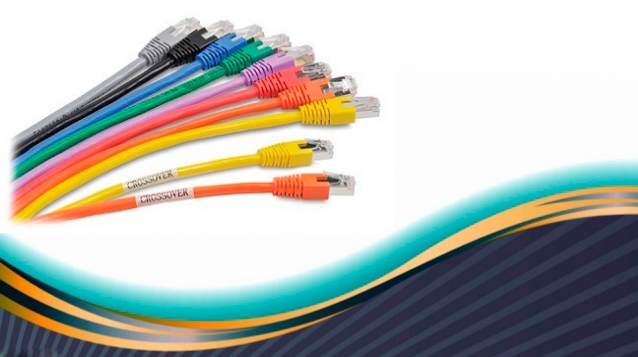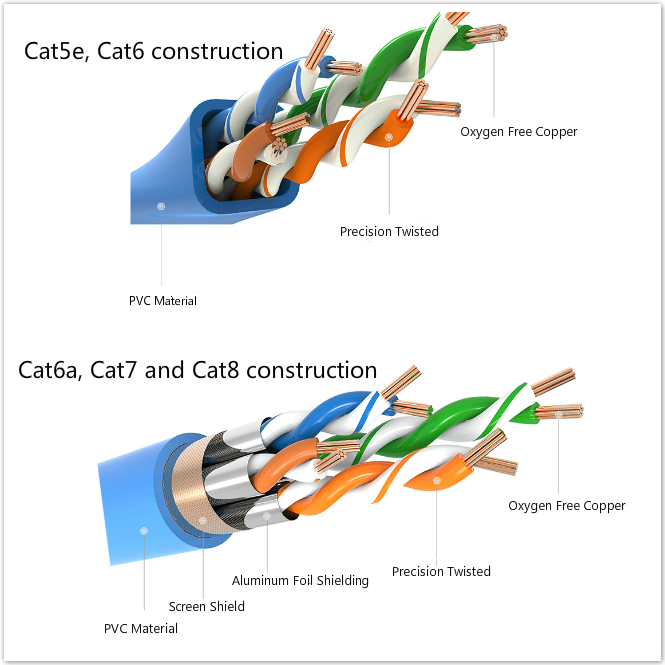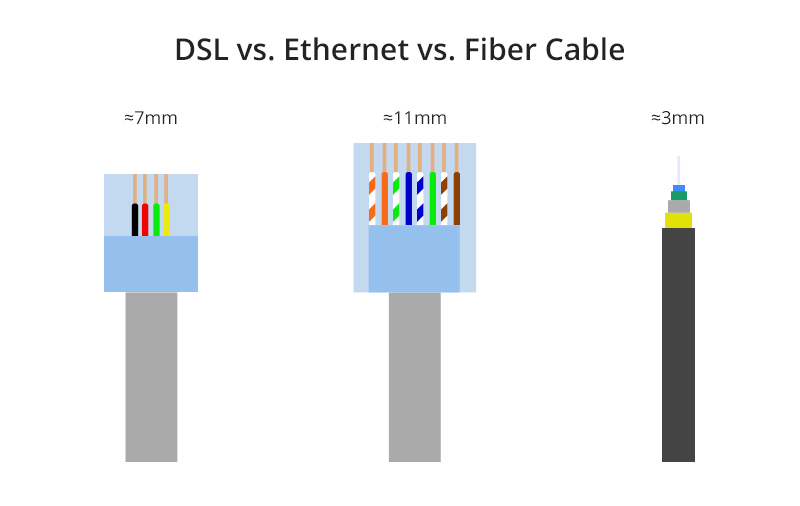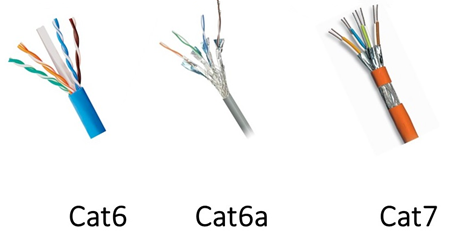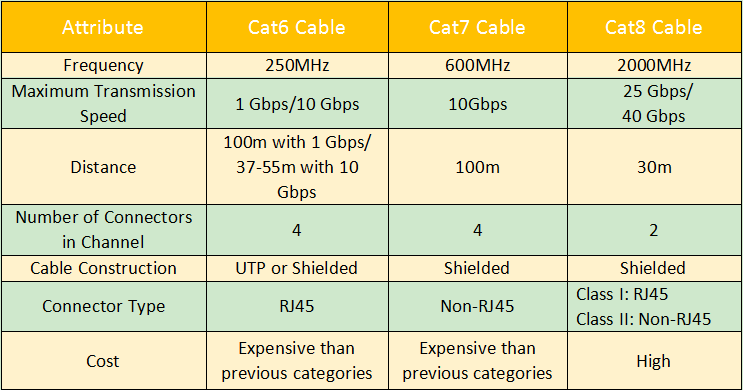Fiber Optic Vs Cat6 Speed

Many people can access the fiber network at the same time without affecting the overall performance.
Fiber optic vs cat6 speed. But through the use of cat 6 cables it can support data transfer rates of up to 10gbps. Until recently fiber internet optic cable speed would almost always beat ethernet cable speed. Cat6 is certified to handle gigabit speed with a bandwidth of up 250mhz. Signal transmission via copper is always going to be theoretically limited to the speed that electrons can travel while signals traveling via fiber optic cables will theoretically be able to reach speeds close to the speed of light.
But as the technology behind ethernet cables has advanced ethernet cables can provide speeds as fast as some fiber optic cables. While cat6 may suffice for the time being fiber optic cabling is best described as the wave of the future. This entry was posted in cat5 cat6 cat7 network cable and tagged cat6 cables cat6 cabling cat6 vs fiber fiber optic cabling optical fiber on august 6 2015 by alice gui. Cat6 ethernet cable has some improvements like the better insulation and thinner wires providing a higher signal to noise ratio.
Although the cat6 may have some advantages over the previous generation cat5 cables however it cannot beat the optic fiber when it comes to speed and convenience. If the fibre is at 1000 mhz it will be faster than wire. Post navigation gbic vs sfp when to choose what. With the increasing requirement for more wireless devices fiber optic cabling can make your internet considerably faster than even copper cabling with data transfers of up to 100 gbps.
And it can be capable of 10gbps speed under ideal circumstances. Fiber optic ethernets can easily handle the demands of today s advanced 10 gbps networks and have the capability of doing much more. Fiber optic internet services is faster compared to the cable network with a speed of not less than 250 1 000 mbps in both directions. Think of it this way.
Thus it s quite suited for environments with higher electromagnetic interference. Another and perhaps the most important advantage is the tremendous bandwidth and transmission speed capabilities of optical fiber. Most importantly cat8 ethernet patch cables can support a speed of 25 gbps or even 40 gbps. Cat5 if you run the fibre at 100 mhz it will be the same speed as cat5 though there will be a slight extra latency due to the conversion to from optical.
Depending on the transmission source technology multimode fiber is capable of delivering 10 gigabit ethernet at 550 meters and single mode can deliver 10 gigabit ethernet at 40 000 meters.
